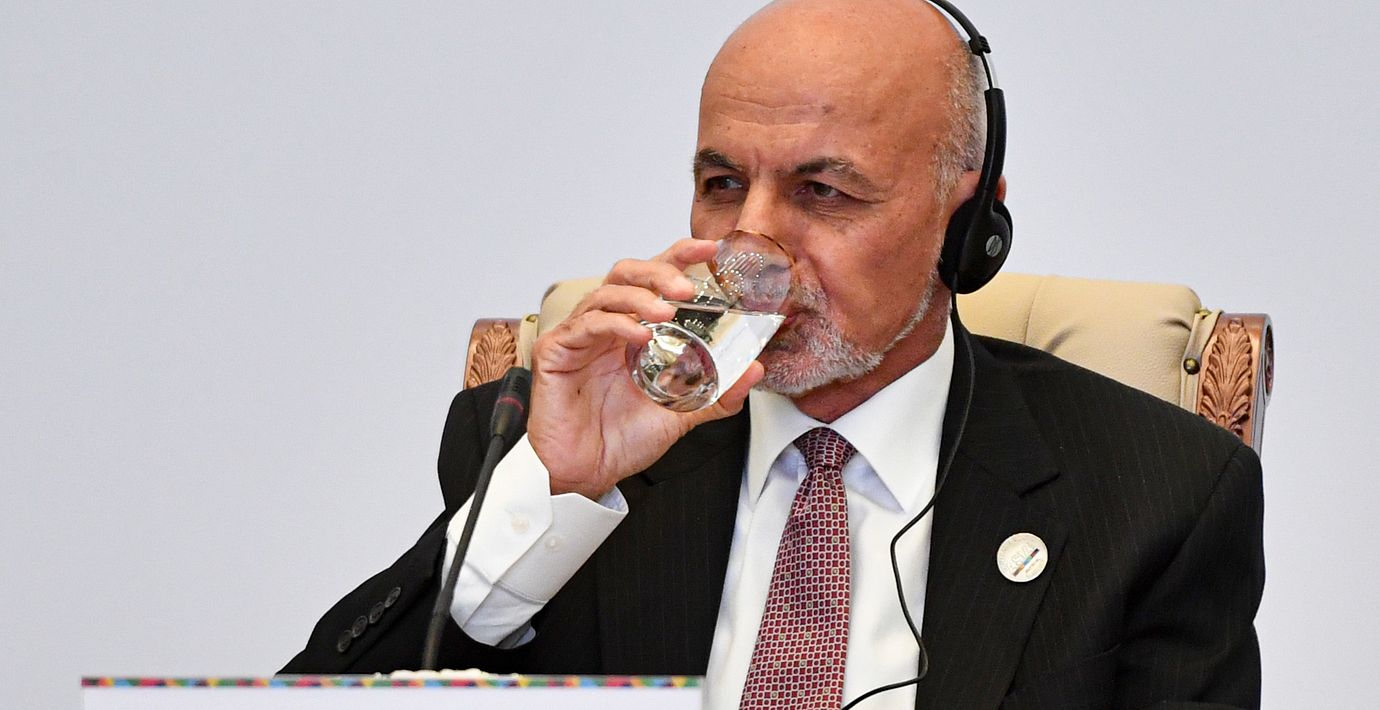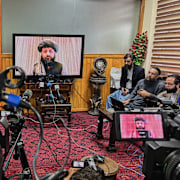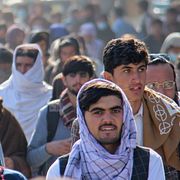Wikipedia (en)
Mohammad Ashraf Ghani Ahmadzai (born 19 May 1949) is an Afghan politician, academic, and economist who served as the second and last president of the Islamic Republic of Afghanistan between September 2014 and August 2021.
Born in Logar Province, Ghani went to the United States in the 1960s to study and later completed a bachelor's at the American University in Beirut. He became a professor of anthropology at numerous institutions, mostly at Johns Hopkins University, before starting to work with the World Bank. He returned to Afghanistan in 2002 after the collapse of the Taliban government, serving as the Finance Minister in Hamid Karzai's cabinet until his resignation in December 2004 to become the dean of Kabul University. In 2005 he became a member of the Commission on Legal Empowerment of the Poor, an independent initiative hosted by the United Nations Development Programme; that same year, Ghani gave a TED talk in which he discussed how to rebuild a broken state such as Afghanistan. In 2013 he was ranked 50th in an online poll to name the world's top 100 intellectuals conducted by Foreign Policy magazine and second in a similar poll run by Prospect magazine. He is also the co-founder of the Institute for State Effectiveness, an American organization set up in 2005 to improve the ability of states to serve their citizens.
An independent politician and ideologically liberal, Ghani came in fourth in the 2009 presidential election. Ghani ran in the 2014 presidential election securing less votes than rival Abdullah Abdullah in the first round, but winning a majority in the second round. Following political chaos, the United States intervened to form a unity government. Ghani was re-elected when the final results of the 2019 presidential elections were announced after a long delay on 18 February 2020. He was sworn in as president for a second five-year term on 9 March 2020.On 15 August 2021, as the Taliban took control of the country in the fall of Kabul, he fled the country by air landing in Tashkent, Uzbekistan. He then went to the United Arab Emirates which granted him political asylum. During his escape, the Afghanistan embassy in Tajikistan asked Interpol to apprehend him for embezzling public funds, although Ghani denies these allegations. First Vice President Amrullah Saleh claimed to assume Ghani's presidential powers and duties as acting president on August 17.





